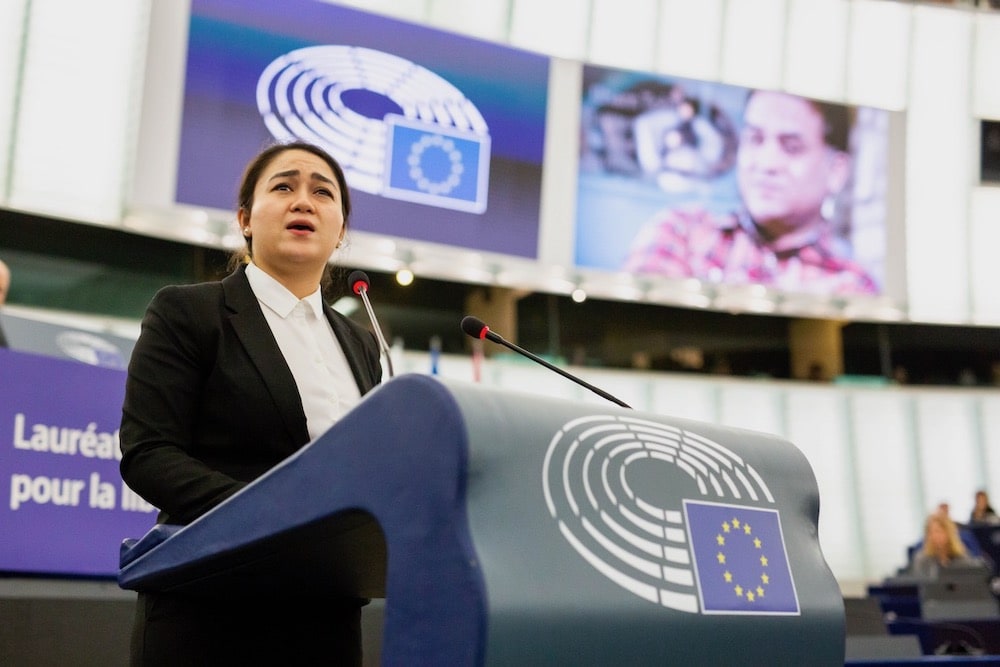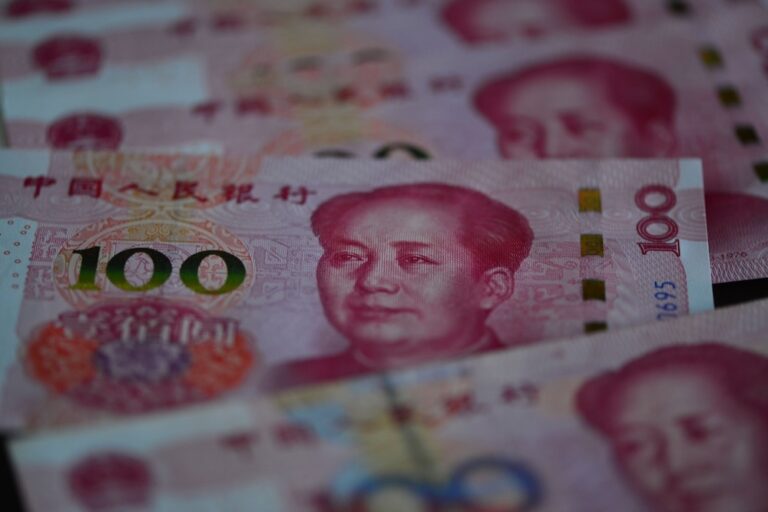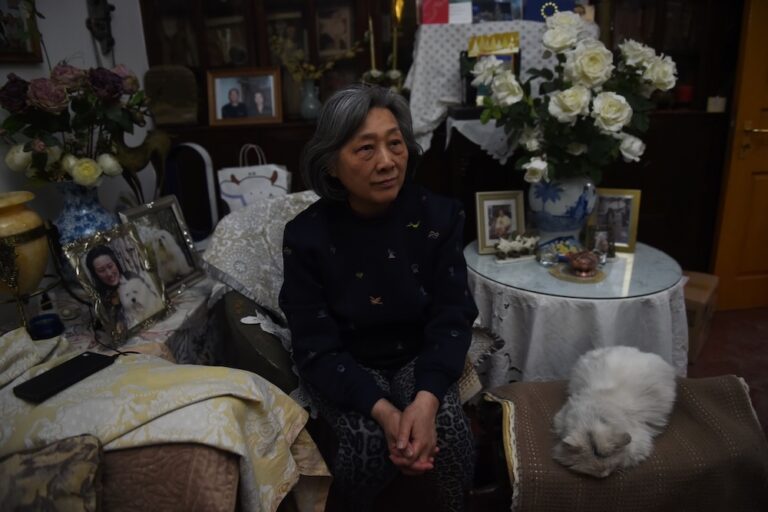Human rights groups said his imprisonment reflects China's repression of the Uyghur and other ethnic groups in Xinjiang.
This statement was originally published on pen-international.org on 15 January 2024.
Today marks 10 years since Uyghur writer and academic Ilham Tohti was detained for his committed work promoting inter-ethnic dialogue and advocating for the rights of minorities in China. On the tenth anniversary of his wrongful detention, PEN International continues to call for his immediate and unconditional release, and for an immediate end to the repression of Uyghurs and other minorities by the government of the People’s Republic of China (PRC).
On 15 January 2014, Ilham Tohti was detained by the police following a raid on his home in Beijing. During his detention, he was repeatedly denied access to his family or legal representatives. Despite the UN Working Group on Arbitrary Detention finding his detention to be arbitrary in March 2014, Ilham Tohti was convicted of separatism and sentenced to life imprisonment following a two-day trial in September 2014.
‘Ilham Tohti is a selfless advocate for dialogue and the rights of Uyghurs and other minorities in China. The decision to sentence him to life in prison remains an ongoing tragedy. As we mark the 10-year anniversary of his unjust detention, we stand in solidarity with Ilham Tohti and continue to call for his immediate release’, said Ma Thida, Chair of PEN International’s Writers in Prison Committee.
According to media reporting, materials were shown during the trial representing Ilham Tohti’s views on government policy in Xinjiang. The prosecutor also reportedly added that Ilham Tohti had ‘internationalised’ issues in Xinjiang by translating articles and essays about the Xinjiang region for his website, and by providing interviews to international media. On 21 November 2014, the Xinjiang High Court rejected Ilham Tohti’s appeal against the conviction and upheld his life sentence.
Ilham Tohti’s unjust imprisonment is emblematic of the PRC government’s repression of the Uyghur and other ethnic groups in Xinjiang, which includes systematic efforts to dislocate the Uyghur population from their cultural identity and heritage through overwhelming levels of censorship and repression.
Since the establishment of Xinjiang’s expansive network of re-education camps in 2017, over a million Uyghurs and other minorities have been incarcerated in various forms of detention across the region. Detainees include hundreds of writers, poets, translators, scholars and public intellectuals, who together represent the living embodiment of Uyghur culture.
Background:
Ilham Tohti is a renowned Uyghur public intellectual who used his writings to analyse the causes of the systematic discrimination experienced by ethnic minorities in China. An economics professor at Beijing’s Minzu University, Ilham Tohti dedicated much of his academic work to the study of the role that state policy played in the systematic persecution of the Uyghur and other minority groups in China. Included in his writings are nuanced discussions of the state of relations between ethnic groups in Xinjiang and the role that ethnic policy played in exacerbating long-standing social and economic issues experienced by Uyghurs.
In 2006, he founded Uyghur Online, a bilingual website designed to foster mutual understanding by reporting on human rights issues and calling for fair treatment of China’s minority populations. Despite repeated attempts by authorities to close down the website, it emerged as an important platform for inter-ethnic dialogue through its discussion forums.
Over the following years, Ilham Tohti was frequently targeted by the authorities for his writing and advocacy. In 2009, Ilham Tohti was detained for several weeks in connection to his writing on the July 2009 Ürümqi riots. In August 2012, he was subjected to a 10-hour interrogation in connection to an article published on Uyghur Online regarding the government’s monitoring of Uyghurs during Ramadan. On 2 February 2013, Ilham Tohti and his daughter Jewher Ilham were detained at Beijing Capital International Airport. After he was questioned, his daughter was permitted to board their planned flight to the US, while Ilham Tohti was forced to remain in Beijing.
Following Ilham Tohti’s sentencing in 2014, his daughter has led a global campaign calling for his release. In 2014, Ilham Tohti received PEN America’s PEN/Barbara Goldsmith Freedom to Write Award. In 2016, four hundred academics signed a letter calling for his release. In 2019, Ilham Tohti was awarded the Václav Havel Human Rights Prize and the European Parliament’s Sakharov Prize for Freedom of Thought.



